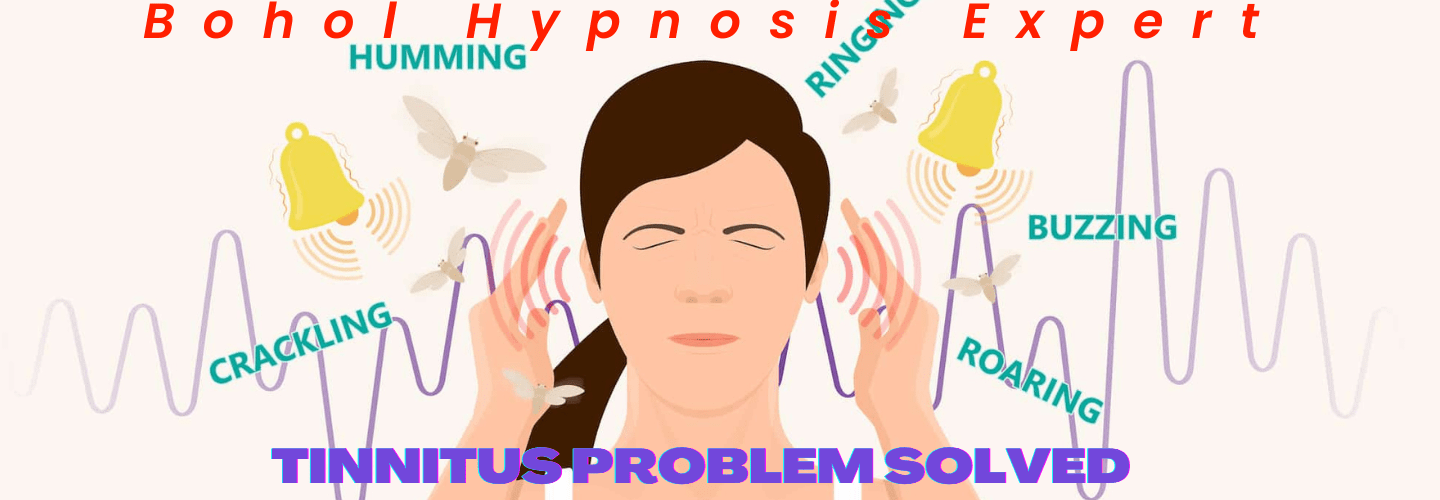
Breaking free from phone addiction boosts your mental health by reducing stress and anxiety, and improving real-world connections. By identifying triggers and implementing a digital detox, you can control your smartphone use and restore balance. Techniques like hypnotherapy and self-hypnosis also offer powerful tools to overcome dependence. Curious about reshaping your tech habits? We'll guide you through practical steps and professional insights to create meaningful change in your daily life.
Key Takeaways
- Identify and avoid triggers that lead to excessive phone use, such as boredom or anxiety.
- Implement daily mindful breaks, replacing phone time with activities like meditation or walking.
- Establish designated phone-free times and areas to enhance real-world interactions and relationships.
- Use hypnotherapy techniques like guided visualization and suggestion therapy to tackle subconscious dependencies.
- Maintain balance by practicing self-hypnosis regularly to reinforce healthy tech habits and reduce phone cravings.
Recognizing the Impact of Phone Addiction on Mental Health
While you may not notice it immediately, phone addiction can considerably impact your mental health. This subtle dependency creeps in as you find yourself checking your phone constantly, elevating stress, and diminishing face-to-face interactions.
Recognizing this pattern is vital for your well-being. By becoming aware of the consequences—like increased anxiety and strained relationships—you can take the first step toward recovery.
Understanding how your device usage affects your mental state is essential. It's not just about cutting down screen time; it's about regaining control, enhancing your real-world connections, and ultimately, nurturing your mental health.
Awareness is your ally.
Exploring Hypnotherapy as a Solution for Smartphone Dependency
As you seek ways to manage smartphone dependency, hypnotherapy emerges as a compelling solution, tapping into the deeper layers of your subconscious to alter entrenched behaviors. Hypnotherapy techniques specifically address the subconscious cues that trigger your smartphone use, offering a unique path to recovery.
| Technique | Purpose |
|---|---|
| Guided Visualization | Redirects focus from smartphone triggers |
| Suggestion Therapy | Reinforces positive behaviors away from dependency |
| Cognitive Re-framing | Changes perception of smartphone use |
| Relaxation Techniques | Reduces anxiety linked to phone withdrawal |
Exploring these options can provide a deeper, lasting change, helping you reclaim control over your digital life.
Strategies for Breaking Smartphone Habit Patterns

To effectively break the habit patterns associated with smartphone addiction, you must first understand the triggers that drive your compulsive behavior.
Recognize moments when you're most likely to reach for your phone—perhaps during periods of anxiety or boredom.
Once identified, introduce mindful breaks. These are intentional pauses where, instead of scrolling, you engage in a short meditation or a physical activity.
Establishing tech boundaries is also essential. Set specific times during the day when you consciously avoid using your phone.
This method not only reduces dependency but also enhances your ability to control impulses and make deliberate choices about your technology use.
Tips for Implementing a Digital Detox and Embracing Mindful Tech Use
If you're feeling overwhelmed by constant notifications and screen time, initiating a digital detox can be a transformative step toward regaining control of your tech use.
Set specific times to check your devices and stick to them. Replace the urge to reach for your phone with healthier activities like reading or going for a walk.
Cultivate a mindful technology use by being present and intentional with how and why you engage with digital devices.
How Hypnosis Can Tackle the Fear of Missing Out (FOMO)

While implementing a digital detox can considerably reduce your overall screen time, addressing deeper psychological triggers like the fear of missing out (FOMO) is equally important.
Hypnosis offers a unique approach to these FOMO triggers by fostering emotional connections and promoting mindful awareness. Through targeted hypnosis techniques, you'll explore and reshape the underlying anxieties that compel you to constantly check your phone.
This process not only heightens your self-awareness but also strengthens your emotional resilience. As you become more attuned to your inner needs, you'll find it easier to disconnect from digital compulsions and reconnect with real-life moments.
The Role of Self-Hypnosis in Maintaining Long-Term Balance
As you embrace the journey toward overcoming phone addiction, self-hypnosis emerges as an essential tool for maintaining long-term balance.
Here's how:
- Reinforce Positive Behaviors: Regular practice of self-hypnosis techniques helps solidify new, healthier habits.
- Enhance Focus: It sharpens your focus, reducing the urge to reach for your phone.
- Boost Resilience: Equips you with the ability to resist temptations and distractions.
- Sustain Motivation: Keeps your motivation alive by continuously reinforcing your commitment to change.
Scheduling Your First Hypnotherapy Session to Overcome Phone Addiction

Are you ready to take the first step toward breaking free from phone addiction? Scheduling your first hypnotherapy session is a vital move.
When finding practitioners, look for those with specific experience in addiction therapy, as research supports hypnosis efficacy in this area. It's important to select someone who understands the psychological nuances of phone dependence.
Check their credentials and reviews, ensuring they offer a structured approach that taps into your subconscious patterns.
By scheduling sessions thoughtfully, you're positioning yourself to regain control, diminish cravings, and foster healthier habits.
You're not just booking an appointment; you're paving the path to freedom.
Frequently Asked Questions
How Do Genetics Influence Susceptibility to Phone Addiction?
Your genetic predisposition may affect dopamine regulation, making you more susceptible to phone addiction. Analyzing your family history can provide insights and help develop strategies to manage and mitigate these ingrained behaviors.
What Are the Environmental Factors That Exacerbate Phone Addiction?
You're constantly bombarded by social media updates and notifications, which exacerbate your phone addiction. This environment makes it harder to disconnect, increasing your reliance on digital interactions over real-world connections.
Can Phone Addiction Impact Physical Health Directly?
Yes, phone addiction can directly impact your physical health. Excessive screen time strains your eyes, disrupts sleep, and can lead to sedentary behavior, negatively influencing both your mental and physical well-being.
Are There Specific Age Groups More Prone to Phone Addiction?
Do you think age affects phone addiction? Studies show teenagers exhibit more addictive behavior due to social media, while elderly usage tends to be less compulsive, focusing on basic communication and leisure activities.
How Does Phone Addiction Affect Academic Performance in Students?
Phone addiction can severely disrupt your study habits, leading to poor distraction management and decreased academic performance. It's vital to recognize these impacts and seek strategies to minimize phone usage while studying.
Conclusion
Just as Odysseus resisted the enchanting Sirens, you too can conquer the lure of your smartphone's notifications. Embrace hypnotherapy and structured digital detox strategies to navigate away from the cliffs of phone addiction. By initiating self-hypnosis and attending your first hypnotherapy session, you're setting sail towards a healthier, more mindful existence. Remember, every small step is a leap towards reclaiming the control and enriching the relationships that truly matter in your life.


